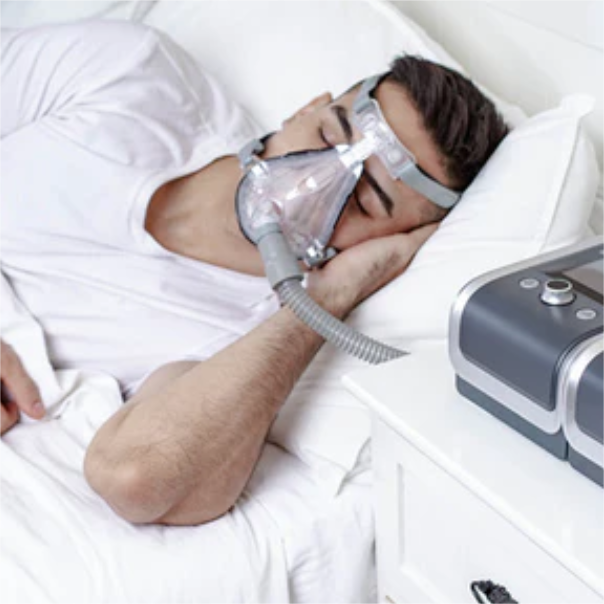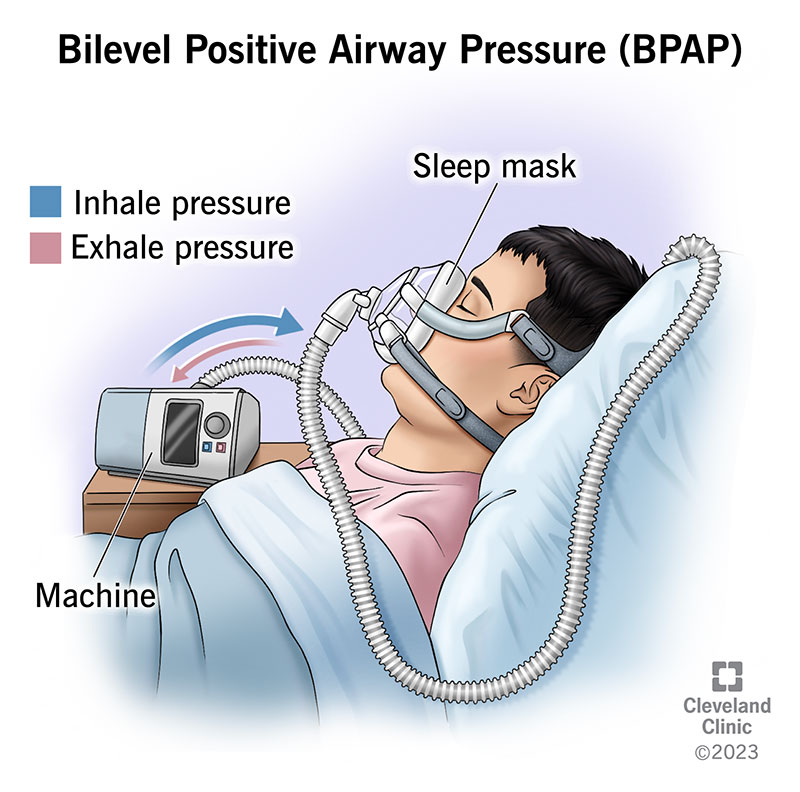Crucial Tips for Choosing a BiPAP Rental Service
Crucial Tips for Choosing a BiPAP Rental Service
Blog Article
Bipap vs. CPAP: Which Is the Ideal for Your Sleep Problem?
When browsing the intricacies of rest conditions, the selection in between BiPAP and CPAP therapy is an important factor to consider. While CPAP provides a steady air movement appropriate for obstructive rest apnea, BiPAP's double pressure settings may enhance comfort for those with more complex respiratory issues.
Recognizing Rest Disorders
Sleep problems encompass a series of problems that interrupt normal sleep patterns, influencing both the high quality and duration of rest. These disorders can materialize in different kinds, including sleeplessness, sleep apnea, narcolepsy, agitated leg syndrome, and parasomnias. Each condition offers special difficulties, usually bring about considerable daytime tiredness, cognitive impairment, and psychological disturbances.
Sleeping disorders is defined by problem falling or staying asleep, while rest apnea entails duplicated interruptions in breathing throughout rest, frequently bring about fragmented rest. Narcolepsy, on the various other hand, is noted by too much daytime drowsiness and unexpected sleep attacks. Troubled leg disorder triggers uneasy experiences in the legs, prompting an irrepressible impulse to relocate them, which can likewise impede the ability to fall asleep.
The influence of rest problems prolongs past specific health and wellness, influencing total performance, connections, and lifestyle. Understanding the details nature of each condition is important for efficient medical diagnosis and therapy. As sleep health ends up being progressively recognized as an important element of overall wellness, resolving these conditions is important for improving both rest high quality and everyday functioning.
Exactly How CPAP Works
Continuous Positive Respiratory Tract Pressure (CPAP) treatment is regularly used as a main treatment for obstructive sleep apnea (OSA) The mechanism of CPAP includes using a device that delivers a constant stream of air with a mask worn during sleep. This air flow preserves favorable stress in the air passage, avoiding the collapse or blockage of the throat that can take place during sleep.
When a client takes in, the CPAP device gives a continual flow of air, ensuring that the airway remains open - BiPAP Rental. This not just reduces the signs and symptoms of OSA, such as snoring and disrupted rest patterns, however also reduces the connected health and wellness threats, including cardio problems and daytime fatigue
The pressure settings on a CPAP machine can be customized to meet specific person requirements, typically identified via a sleep research. On the whole, CPAP treatment has actually been revealed to significantly improve the top quality of rest and overall health and wellness for individuals suffering from obstructive sleep apnea.
Exactly How BiPAP Works
BiPAP, or Bilevel Favorable Air Passage Pressure, is a specific type of non-invasive air flow that is especially advantageous for clients with conditions such as complex rest apnea or respiratory system problems. Unlike CPAP, which supplies a continual stream of air at a single stress, BiPAP offers 2 distinctive pressure settings: a greater inspiratory pressure for inhalation and a reduced expiratory stress for exhalation. This dual-pressure method permits easier breathing, reducing the initiative needed during exhalation.
The gadget runs with a mask fitted over the nose or mouth, attached to an equipment that creates atmospheric pressure. When the client breathes in, the device supplies the greater stress to aid with airflow, guaranteeing that the airway remains open. Upon exhalation, the device immediately lowers the pressure, making it a lot more comfy for the individual to take a breath out.

Key Differences Between BiPAP and CPAP

In contrast, BiPAP (Bilevel Positive Airway Pressure) offers two different pressure settings: one for inhalation and a reduced one for exhalation. This twin stress system allows for more comfortable breathing, specifically for patients that fight with exhaling against a continual stress. BiPAP is typically advised for clients with intricate sleep apnea, chronic obstructive pulmonary illness (COPD), or those that need extra assistance during rest.
Moreover, the complexity of BiPAP gadgets normally causes a higher cost and calls for much more cautious titration than CPAP. BiPAP Rental. Understanding these vital differences can aid in acknowledging which tool may be much more suitable for specific sleep conditions, setting the foundation for enlightened treatment decisions
Selecting the Right Treatment
The choice in between BiPAP and CPAP treatment mainly hinges on the details features of the sleep condition, the patient's general health, and their convenience with the tool. CPAP, which supplies a constant stream of air, is frequently recommended for obstructive sleep apnea (OSA)
On the other hand, BiPAP provides two levels of pressure: one for inhalation and a lower one for exhalation. This dual pressure system is advantageous for people with complicated sleep apnea or those who experience difficulty breathing out against a continual pressure. In addition, BiPAP is typically recommended for people with respiratory system conditions, such as chronic obstructive pulmonary condition (COPD), where varying stress settings can enhance comfort and compliance.
Eventually, a comprehensive examination by a rest expert, including a sleep study, can help identify which treatment lines up ideal with the individual's demands. Elements such as convenience, convenience of usage, and certain clinical problems ought to likewise be taken into account to enhance treatment end results.
Verdict
In summary, both BiPAP and CPAP offer distinct functions in the monitoring of sleep disorders. CPAP works for obstructive sleep apnea with constant air movement, while BiPAP supplies double pressure setups that enhance comfort for over at this website those with complicated rest apnea or respiratory issues. The choice between these treatments should be led by private requirements and problems, requiring a detailed assessment by a rest expert to make sure optimal therapy outcomes and boosted quality of sleep.

Overall, CPAP therapy has been shown to substantially boost the high quality of sleep and general health and wellness for people suffering from obstructive sleep apnea.
BiPAP is frequently recommended for individuals with complex sleep apnea, persistent obstructive lung disease (COPD), or those that need extra support during sleep.
CPAP is efficient for obstructive sleep apnea via regular airflow, while BiPAP supplies dual pressure settings that boost comfort for those with complicated sleep apnea or respiratory system issues.
Report this page